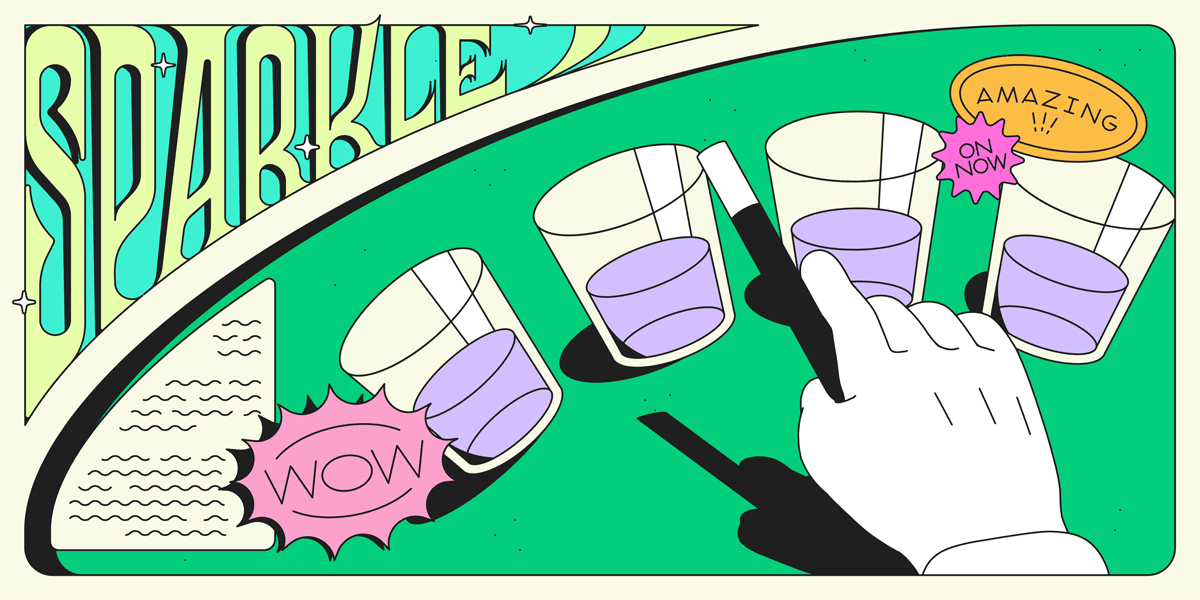Putting Sparkle in Wastewater

Beyond the engineering challenges of potable reuse lies a thorny communications challenge: how to overcome the lingering “ick” factor associated with drinking recycled wastewater?
Earlier attempts to implement potable reuse were sunk by the “toilet-to-tap” epithet. The unfortunate turn of phrase brought down projects slated for the San Fernando Valley and San Diego in the early 1990s.
That’s not the only public relations problem. It turns out water, as subject matter, can be pretty dry stuff. USC Viterbi’s Daniel Druhora, who leads the Water Reuse Consortium’s outreach efforts, keeps things interesting and accessible.
For the past year, he’s been filming visually compelling short documentaries. The first episode of “Flowing Forward” is streaming online, and two others are in post-production. They tell the story of water in Los Angeles, Arizona and Nevada. Rounding out the first season, and slated for completion in May, are episodes on the Mississippi Delta and on desalination. Season 2 is in the planning stages.
“Science and engineering are often seen as complex or inaccessible,” said Druhora, a lecturer and director of new initiatives at USC Viterbi. “Storytellers, especially filmmakers, can humanize these fields. We can make them more engaging and relatable.”
Druhora has a proven track record. He won an Emmy in 2022 for his PBS documentary, “Lives, Not Grades,” about a USC Viterbi service-learning mission to the Greek island of Lesbos, where 20,000 refugees were living without clean water or sanitation in a camp designed for 3,000.
Though Druhora isn’t a water scientist, Amy Childress, Dean’s Professor of Civil and Environmental Engineering, considers him a full partner in the USC ReWater Center’s work. “He helps us clarify for ourselves and for others what it is we’re doing,” she said.
Scientists tend to see communication as the last step in the discovery process, Druhora added, giving context to his unusual access. “But by embedding a filmmaker in the lab, you get more organic, more authentic stories, and more truth.”
Education is another tool for changing minds. Last year, the USC ReWater Center rolled out ENE 599 “Potable Water Reuse.” This course takes a deep plunge into the design, operation and monitoring of advanced water purification systems and the surrounding regulatory and policy issues. Students make site visits to Southland potable reuse pilot projects and demonstration facilities. Water sector leaders and innovators come into the classroom. Last semester’s distinguished lecture series probed, among other themes, what water-recycling lessons were learned during the COVID-19 pandemic and how cloud computing impacts potable reuse systems.
In collaboration with the sustainable water engineering consulting group Trussell Technologies, the USC ReWater Center also publishes the “Potable Water Reuse Report,” a policy-oriented quarterly connecting regulators, water district managers and academics to keep them up to date on rapidly evolving industry developments.
Childress’ goal is to make the reports required reading for the world’s potable reuse community, much like the “Water Desalination Report,” known worldwide in the desalination community.
The first four “Potable Water Reuse Reports” were published in 2024, and circulation is building. Early issues looked at regulations around portable reuse in California, nationwide and on the global scale.
“Public engagement is more than just an awareness effort,” Druhora said. “It plays a crucial role in technology transfer, regulatory adoption and securing future funding for science. Without public trust and understanding, even the most advanced water reuse technologies can struggle to gain widespread acceptance. Communicating these innovations effectively is not just about education. It’s about ensuring they can be implemented at scale.”



